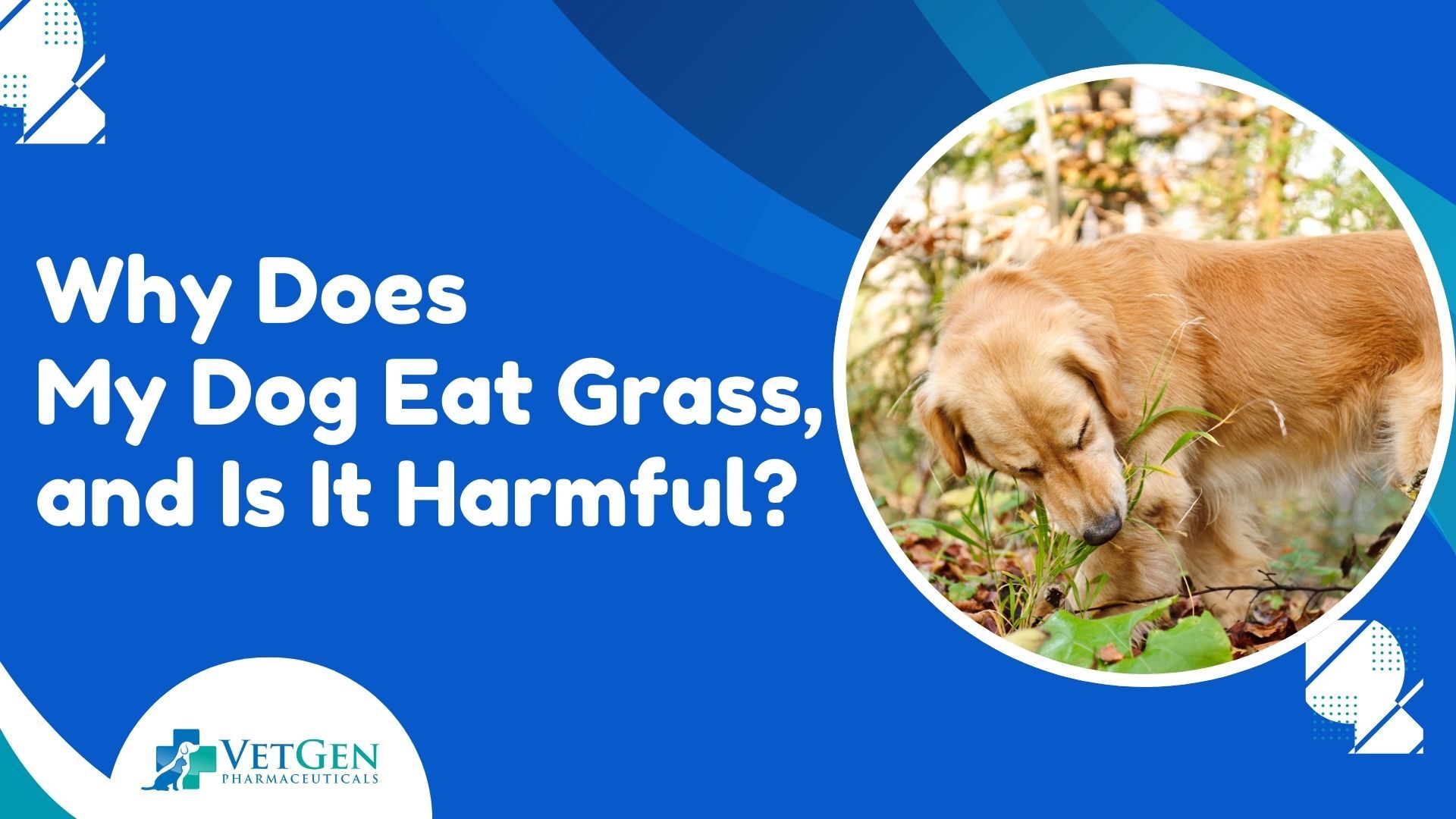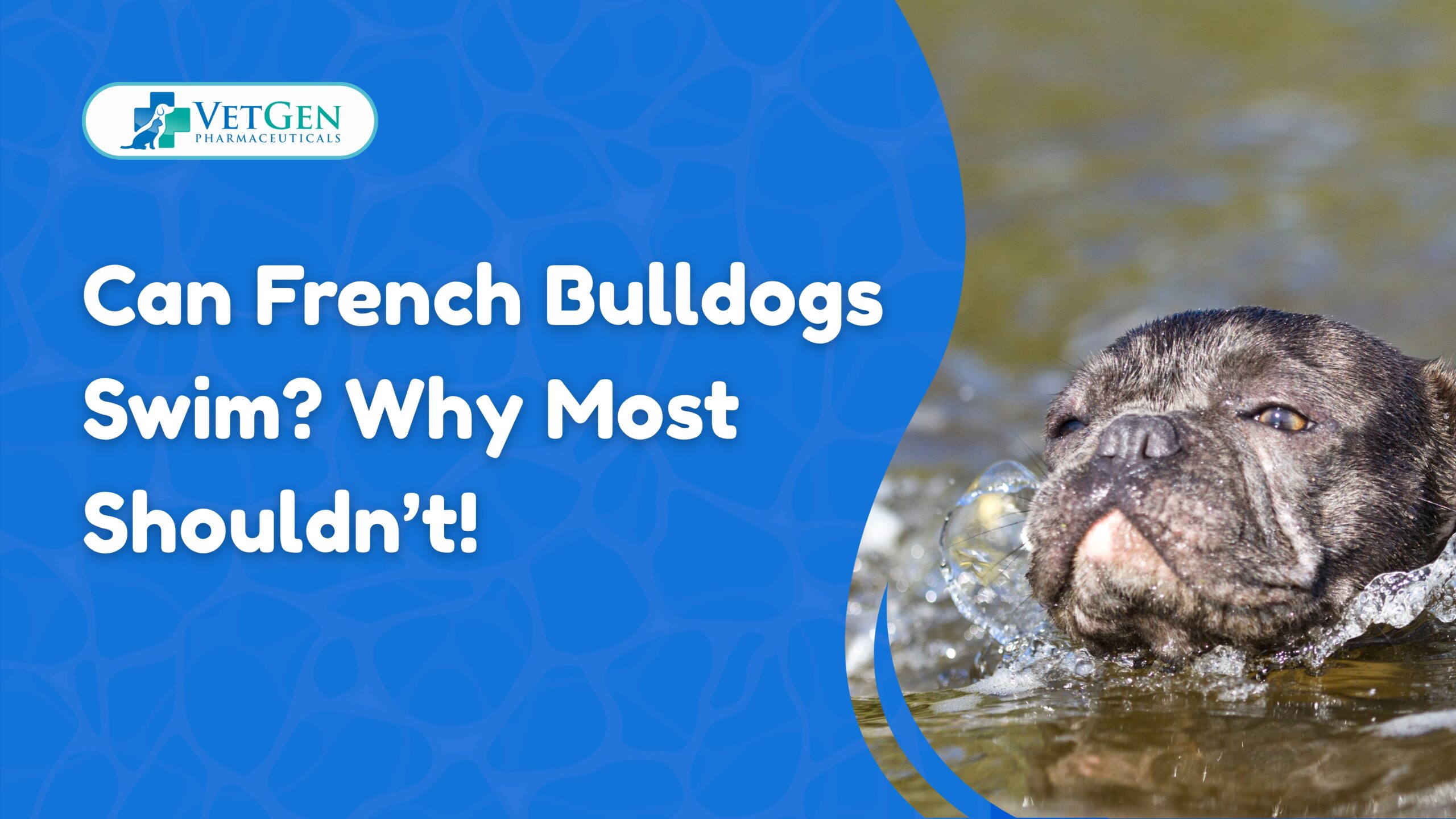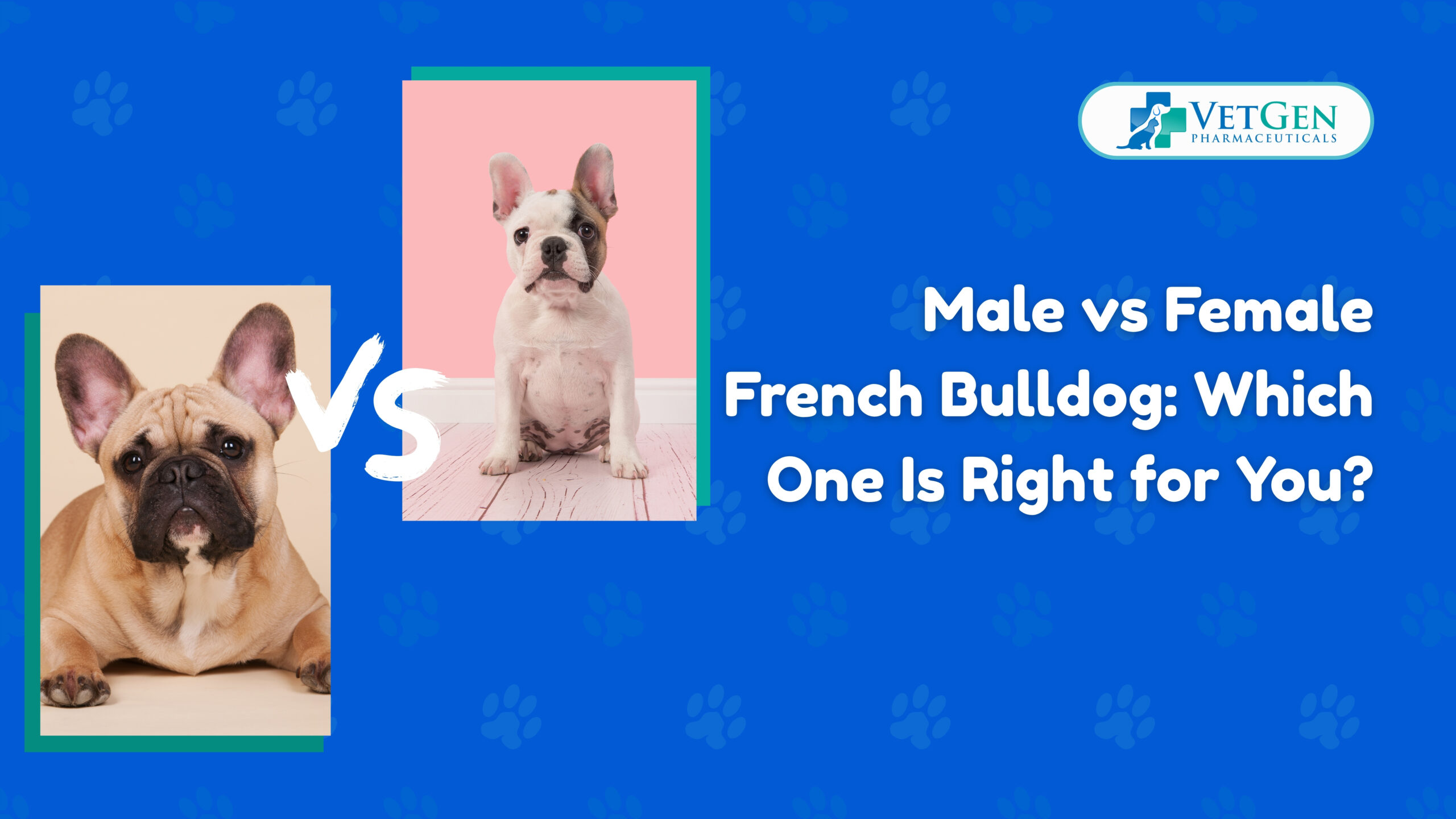Many dog owners have encountered the odd behavior of their companions munching on grass, leading them to wonder: Why does my dog eat grass? Although such behavior is not rare, there are concerns about possible health effects and whether such behavior points to problems with a dog’s health.
In a survey conducted and published in the journal Applied Animal Behaviour Science, it was found out that 68% of the respondents claim that their dogs eat plants and the most popular type of plant is grass.
In this post, we will look at the many causes of dog behavior, consider whether it is dangerous, and determine when it might be a problem.
Common Reasons Why Dogs Eat Grass
There are various hypotheses that may be used to explain why dogs eat grass and one must understand that this is not something that should cause concern. Majority of the dogs are healthy and do not show any discomfort when feeding on grass. However, the knowledge of the possible reasons is crucial to enable owners of the pet to make a right decision on what to feed their dog or seek medical help for.
1. Dietary Deficiency
There is one main belief about why dogs consume grass – that it is to make up for a lack of nutrients in their diet. Although commercial dog foods contain all the nutrients a dog needs, some dogs may still have a desire for more nutrients, especially fiber, which grass contains in small quantities. A dog may bite the grass because he wants something to chew on or because the grass is his source of fiber to help digestion.
2. Inducing Vomiting
Another explanation for why dogs eat grass is to induce vomiting. Some dogs may chew grass when they have an upset tummy, or when they are feeling sick. When consumed, grass pricks the throat and stomach lining and may lead to vomiting, says the veterinarian. So while this might sound concerning, it is very often just a dog’s normal way of dealing with any digestive upset.
3. Natural Instinct
Wild canines, their counterparts, would occasionally feed on plant materials, including grass, hence the instinctive behavior prevails in dogs. Such behavior could have been passed from one generation to another. In the wild an herbivorous prey may contain plant material in their stomachs and so dogs could thus pretend to swallow plants as their ancestors did.
4. Boredom or Attention-Seeking
Now that we have discussed why dogs eat grass, the next important question is whether it is harmful. It is safe to let a dog munch on grass most of the time, particularly if the grass has not been impregnated with pesticides, herbicides or fertilizers which are poisonous to dogs. Pet owners should always ensure that their dogs are not fed on chemically treated grass as this can lead to poisoning and its symptoms are drooling, vomiting, diarrhea and lethargy.
5. Enjoyment of the Taste
And sometimes the most obvious explanation is the right one. There are dogs that may just like the feel and taste of grass. The cool, crisp blades might appeal to some of their senses as much as a crunching snack would do. If a dog is not vomiting or looking uncomfortable at all after consuming grass, then this may be just another quirk of the dog.
Is Eating Grass Harmful to Dogs?
Now that we have discussed why dogs eat grass, the next important question is whether it is harmful. It is safe to let a dog munch on grass most of the time, particularly if the grass has not been impregnated with pesticides, herbicides or fertilizers which are poisonous to dogs. Pet owners should always ensure that their dogs are not fed on chemically treated grass as this can lead to poisoning and its symptoms are drooling, vomiting, diarrhea and lethargy.
Potential Health Risks
While grass itself is not harmful, there are a few risks associated with grass-eating that pet owners should be aware of:
- Parasites: Grass can be contaminated with feces from other animals, which may carry parasites like roundworms or hookworms. Dogs that eat infected grass could inadvertently ingest these parasites, leading to health problems.
- Intestinal Blockages: If a dog consumes large quantities of grass, there is a slight risk of gastrointestinal blockages, especially if the grass is not adequately chewed. This is particularly true if the dog eats long, tough blades of grass.
How to Prevent or Manage Grass-Eating?
For most dogs, grass-eating does not require intervention, especially if it occurs occasionally and does not lead to health problems. However, if you are concerned about your dog’s behavior, there are a few steps you can take to manage it:
1. Provide a Well-Balanced Diet
Ensuring that your dog is receiving a balanced and complete diet is crucial. High-quality commercial dog foods are designed to meet the nutritional needs of most dogs. However, if you suspect a fiber deficiency, consider adding fiber-rich vegetables, like carrots or green beans, to your dog’s meals. Speak with your veterinarian before making significant changes to your dog’s diet.
2. Increase Physical and Mental Stimulation
If boredom or attention-seeking is the cause, increasing your dog’s physical activity and mental stimulation can help. Regular walks, playtime, and interactive toys can keep your dog engaged and reduce the urge to engage in grass-eating behaviors.
3. Monitor Grass Access
If you are worried about your dog consuming pesticides or parasites, monitor the areas where your dog is allowed to graze. Make sure to avoid chemically treated lawns and ensure that the grass is free from fecal contamination. Keeping your dog on a leash during walks can also help limit its access to grass.
Conclusion
In conclusion, the question, “Why does my dog eat grass?” can have multiple answers, ranging from instinctual behavior to dietary needs. While grass-eating is typically harmless, monitoring your dog’s health and environment will ensure that this behavior does not lead to complications. Regular veterinary check-ups and a well-rounded diet will help keep your dog happy and healthy.
Frequently Asked Questions
Is it normal for dogs to eat grass?
Yes, it is quite common for dogs to eat grass. This behavior is generally not harmful, although it is important to monitor your dog to ensure that the grass is free of harmful chemicals or parasites.
Should I be concerned if my dog eats grass and then vomits?
Occasional vomiting after eating grass is typically not a cause for concern. However, if your dog is frequently vomiting after eating grass or showing other signs of illness, it is best to consult a veterinarian.
Does grass-eating indicate that my dog is missing something in its diet?
Not necessarily. While some dogs may eat grass to compensate for a dietary deficiency, others may do it for reasons unrelated to nutrition, such as boredom or simply enjoying the taste. Always ensure your dog is on a well-balanced diet and consult a veterinarian if you suspect a nutritional imbalance.






